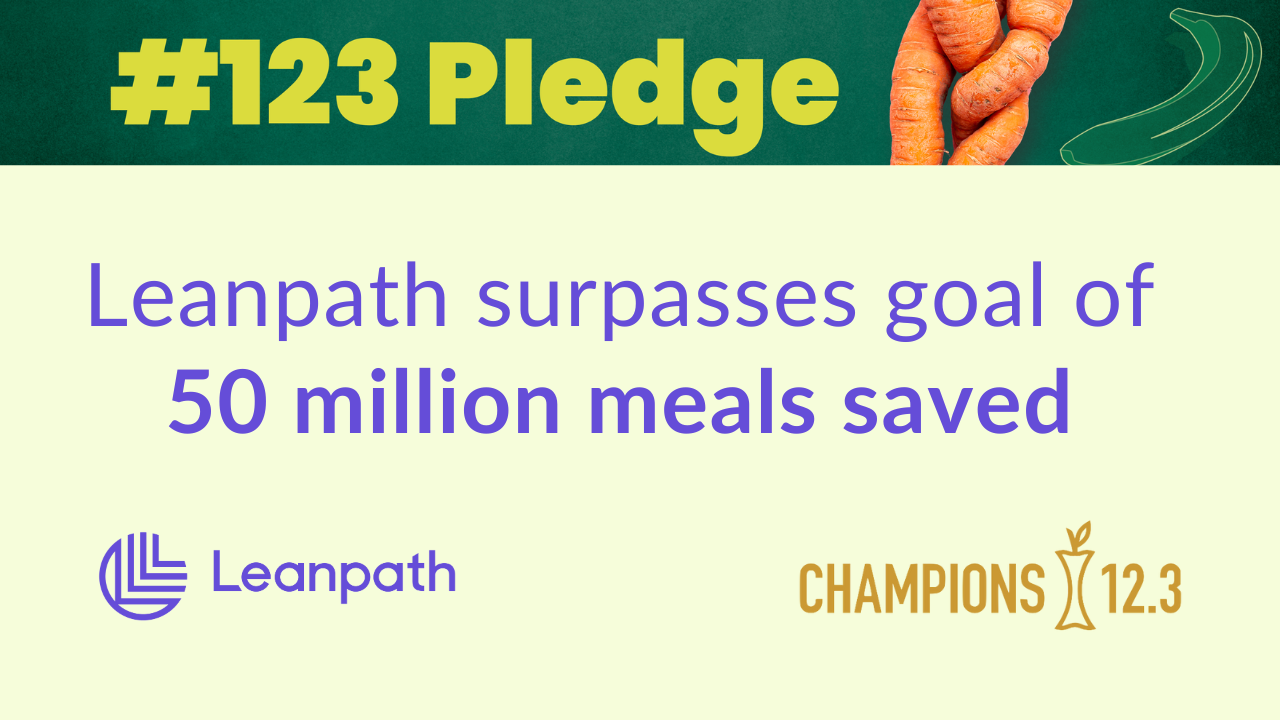Food Waste Intelligence
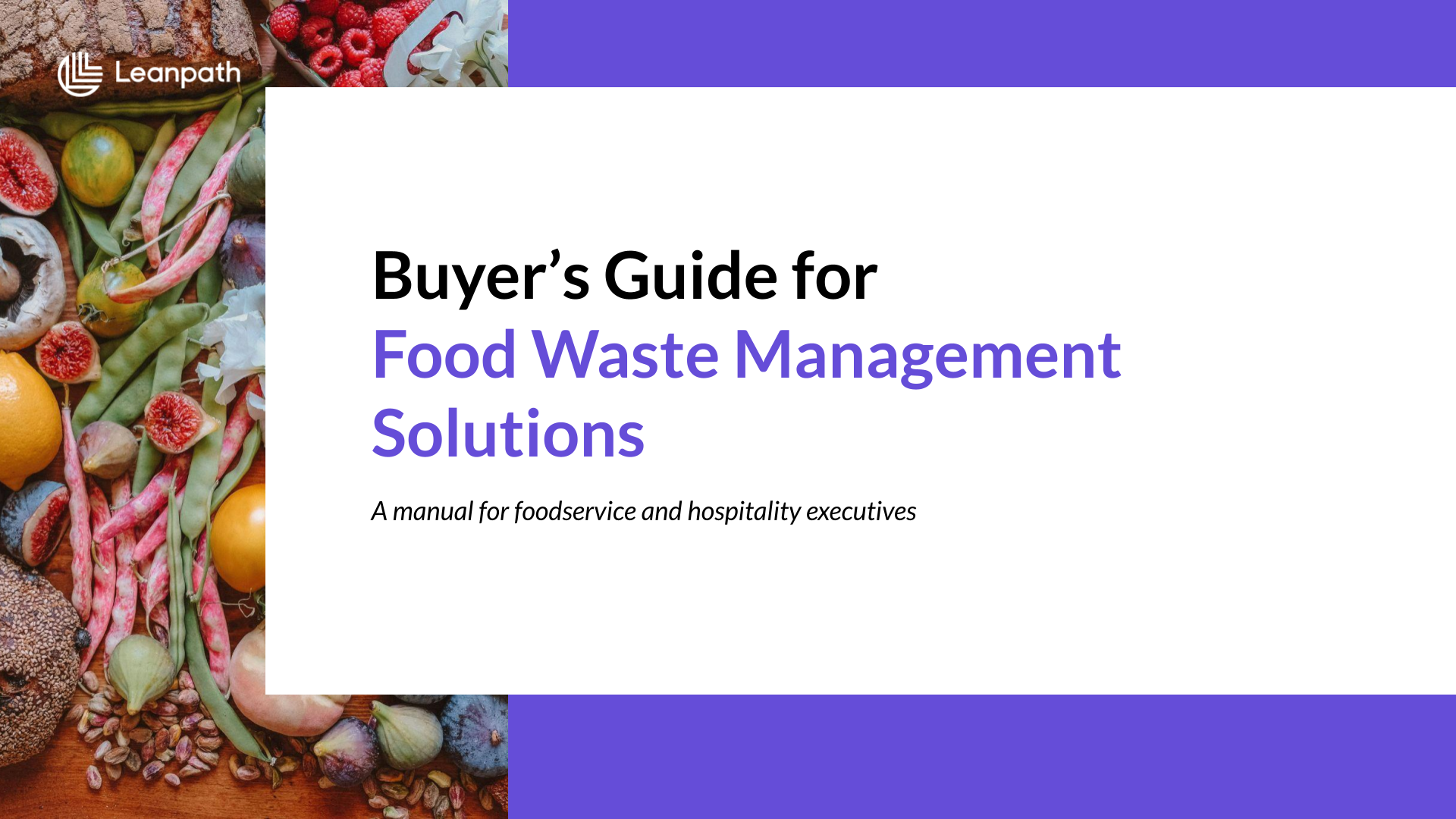
Food waste prevention systems vary widely in their features, support models, and long-term value. Some focus on tracking and reporting, while others are built to support broader operational or sustainability goals. If you are in the process of evaluating vendors, it helps to ask structured questions that go beyond product demos. This list offers a starting point. It covers core functionality, day-to-day usability, and areas like integration, support, and future development, so you can make a well-informed decision that fits your opera...
Read More >>Topics:
Tips & TricksTopics:
Announcements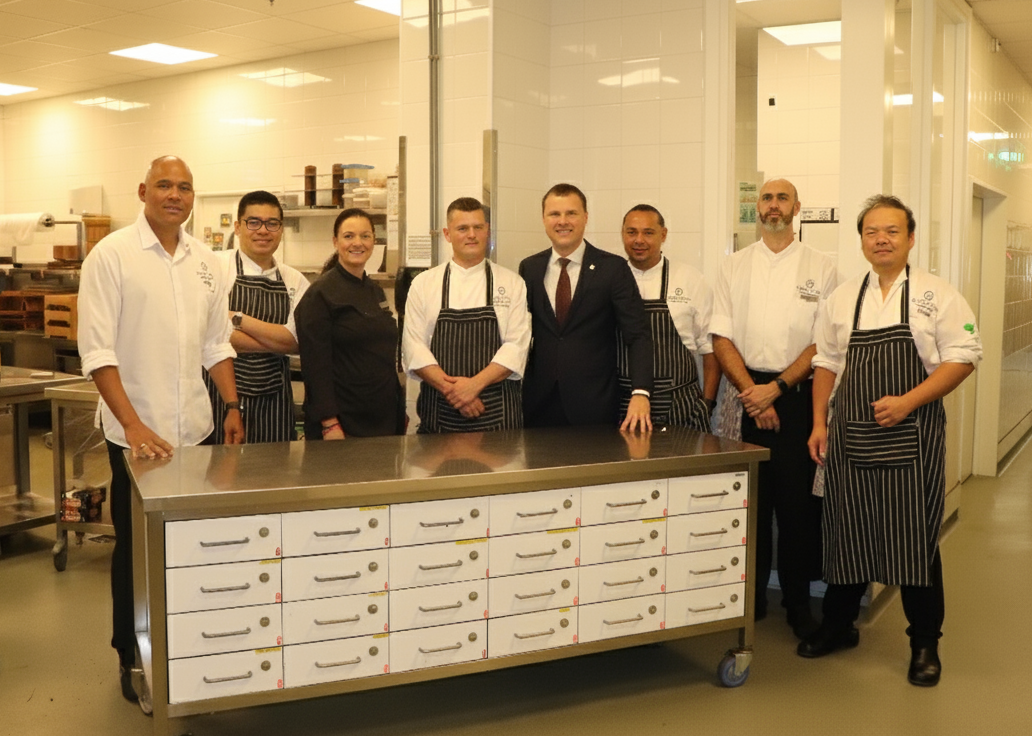
The Sheraton Amsterdam Airport Hotel and Conference Center, with its 417 rooms, two restaurants, a bar, 24/7 room service, and 32 meeting rooms, faces the complex challenge of managing food production for a diverse group of guests. Pim Van Het Reve, the hotel’s food and beverage manager, knew that managing food waste was crucial for both the hotel’s financial health and its commitment to social responsibility. But his kitchen staff was skeptical about adopting a new food waste tracking system. That all changed when the hotel partnered...
Read More >>Topics:
Case Study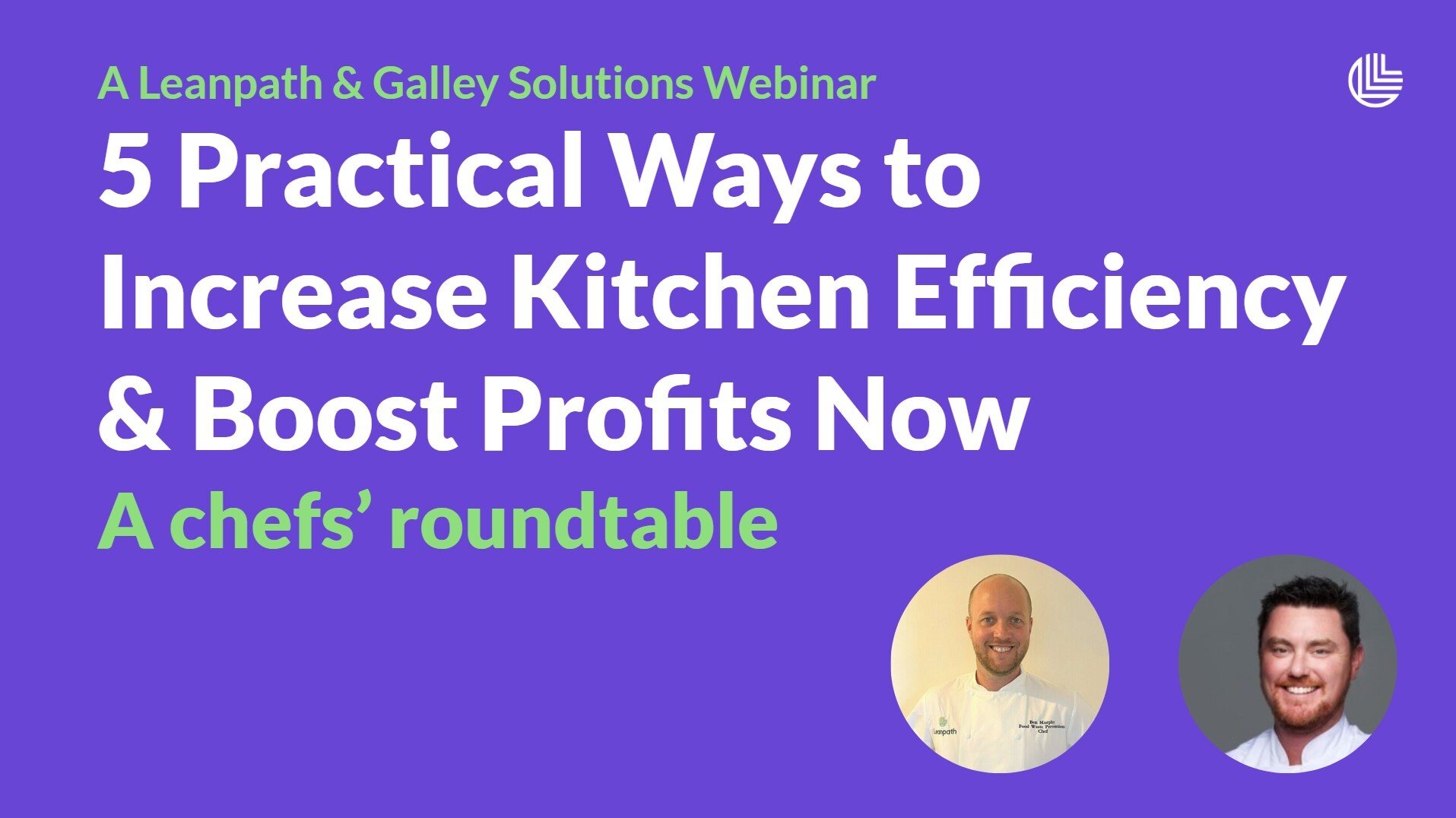
In today’s fast-paced culinary world, kitchens face constant pressure to be more efficient, profitable, and sustainable. But how can you achieve these goals without compromising on quality or creativity? Leanpath and Galley Solutions recently teamed up for a webinar to discuss five practical strategies that can help kitchens streamline operations, reduce waste, and increase their bottom line. The discussion featured two culinary experts: Chef Ben Murphy of Leanpath and Chef Nate Keller of Galley. Here’s a summary of their top tips for...
Read More >>Topics:
Food Waste Strategies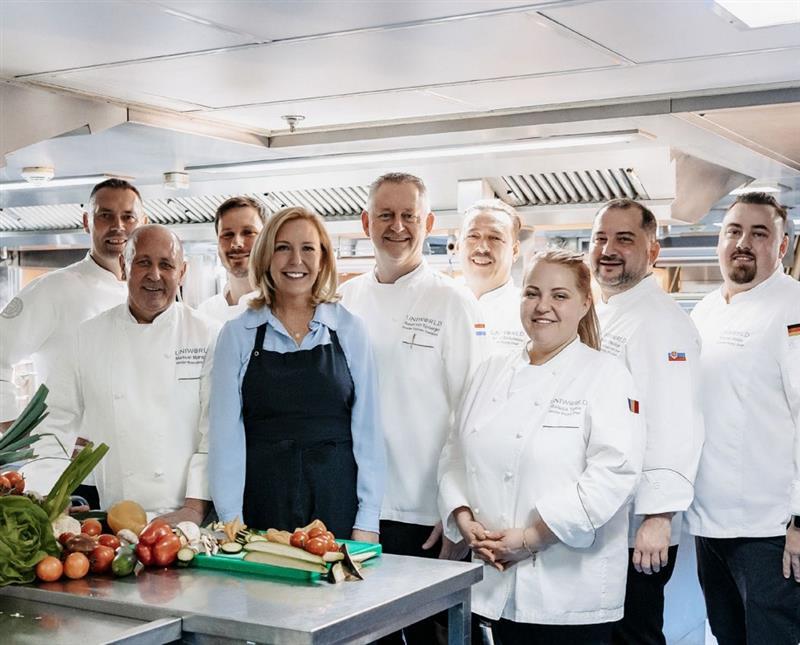
Uniworld Boutique River Cruises has made a remarkable stride in its sustainability journey, announcing a significant 41% reduction in food waste across its fleet, achieved through its partnership with Leanpath. This impressive achievement in 2024 is equivalent to saving more than 185,417 meals, showcasing a strong commitment to environmental responsibility in the luxury river cruise sector.
Read More >>